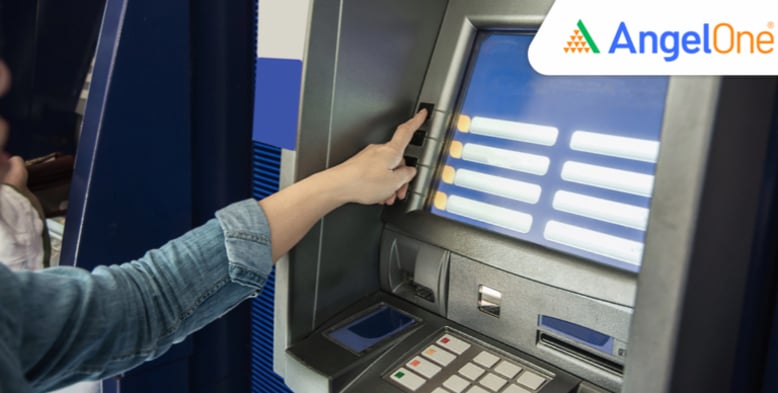
As of June 2025, India’s banks hold more than ₹67,000 crore in unclaimed deposits. These funds come from bank accounts and fixed deposits that have been inactive for years.
There are multiple reasons behind this. Sometimes, people move without updating their contact details. Other times, pensioners may settle abroad, account holders might pass away without nominating heirs, or people may simply forget about multiple accounts they hold.
Unclaimed deposits are left untouched for many years. For example, if an account has no transactions for 2 years, it becomes “inoperative.” If it stays inactive for 10 years, the money moves to the RBI’s Depositor Education and Awareness (DEA) Fund.
However, this does not mean that the money is lost or belongs to the RBI. It belongs to the original account holders or their legal heirs. If valid proof is provided, banks return the money with 3% simple interest.
The RBI has launched the UDGAM Portal to help people find unclaimed deposits from multiple banks in one place.
The portal will show dormant accounts if any exist.
Then, visit the bank branch to claim your money.
You can also reactivate inoperative accounts using video KYC or by visiting any branch, not just your home branch.
Nearly 87% of unclaimed deposits are present with public sector banks. State Bank of India (SBI) holds the largest share because it is India’s biggest and oldest bank. Here is the full breakdown:
| Bank Name | Unclaimed Deposits (in ₹ crore) |
| SBI | 19,330 |
| PNB | 6,911 |
| Canara Bank | 6,278 |
| Bank of Baroda | 5,277 |
| Union Bank of India | 5,104 |
Read more: Start With ₹40,000 a Month and Secure Your Daughter’s ₹3 Crore Foreign Education Dream!
Over ₹67,000 crore in unclaimed deposits highlight the importance of keeping your bank and demat accounts active and updated. If you have any forgotten accounts, check through the RBI’s UDGAM portal or contact your bank. Your money is safe and can be claimed anytime. Don’t let your hard-earned money stay unclaimed!
Disclaimer: This blog has been written exclusively for educational purposes. The securities mentioned are only examples and not recommendations. This does not constitute a personal recommendation/investment advice. It does not aim to influence any individual or entity to make investment decisions. Recipients should conduct their own research and assessments to form an independent opinion about investment decisions.
Published on: Jul 30, 2025, 3:25 PM IST

We're Live on WhatsApp! Join our channel for market insights & updates
